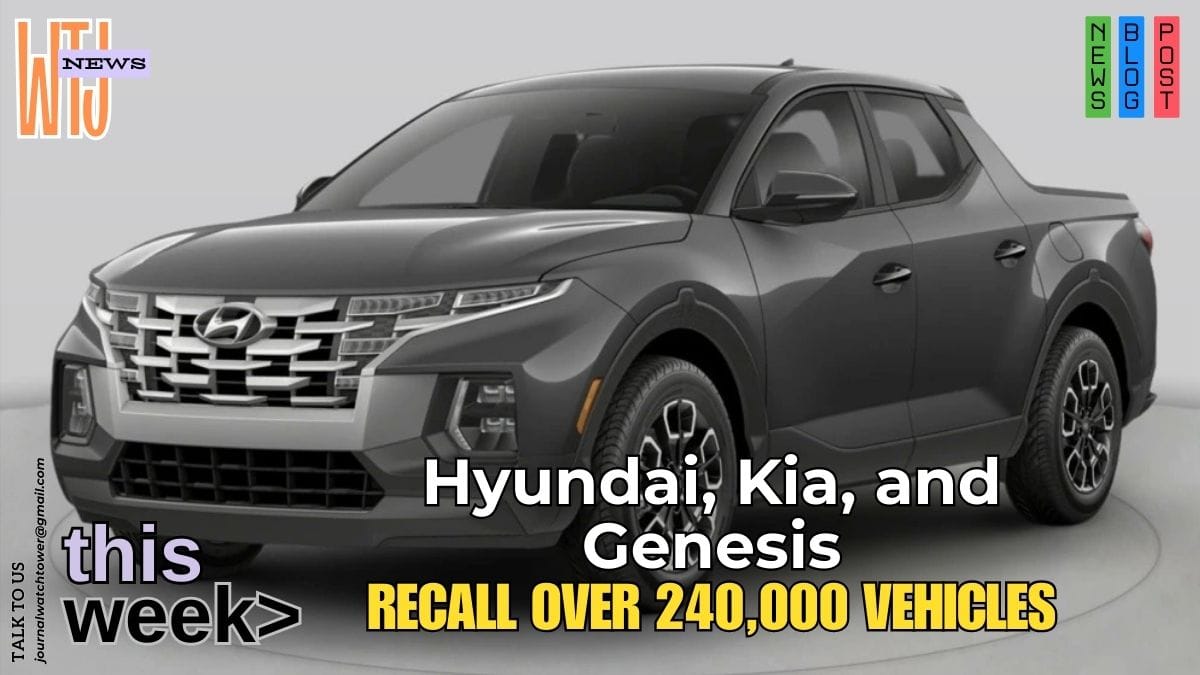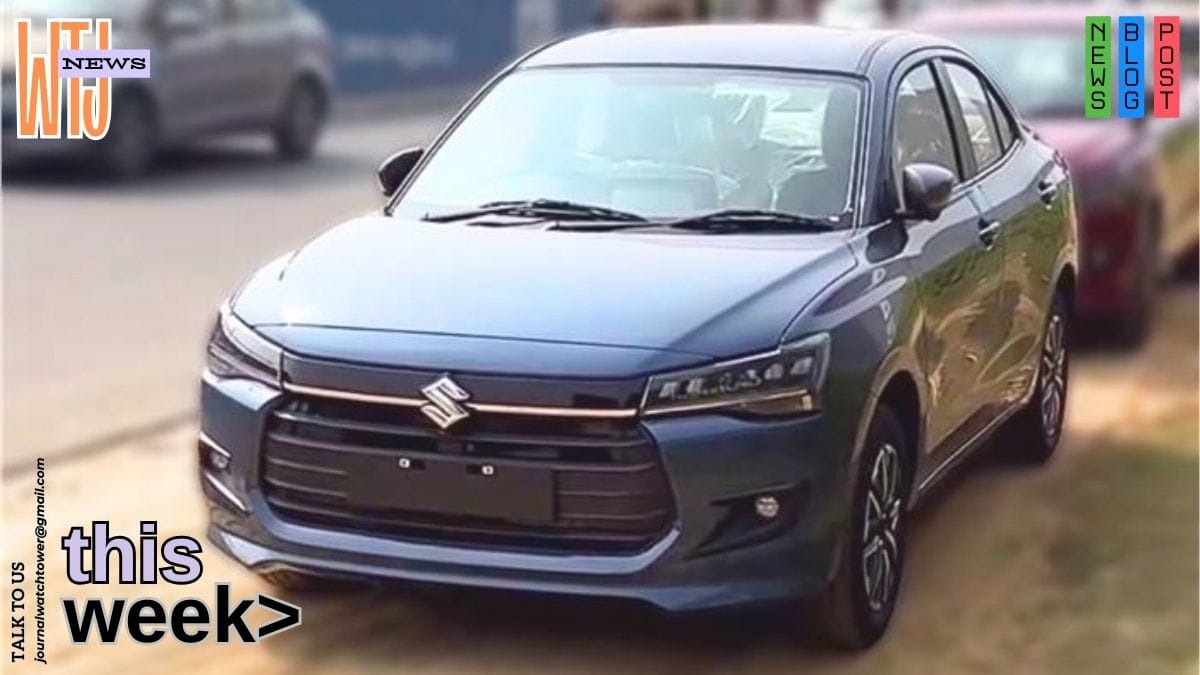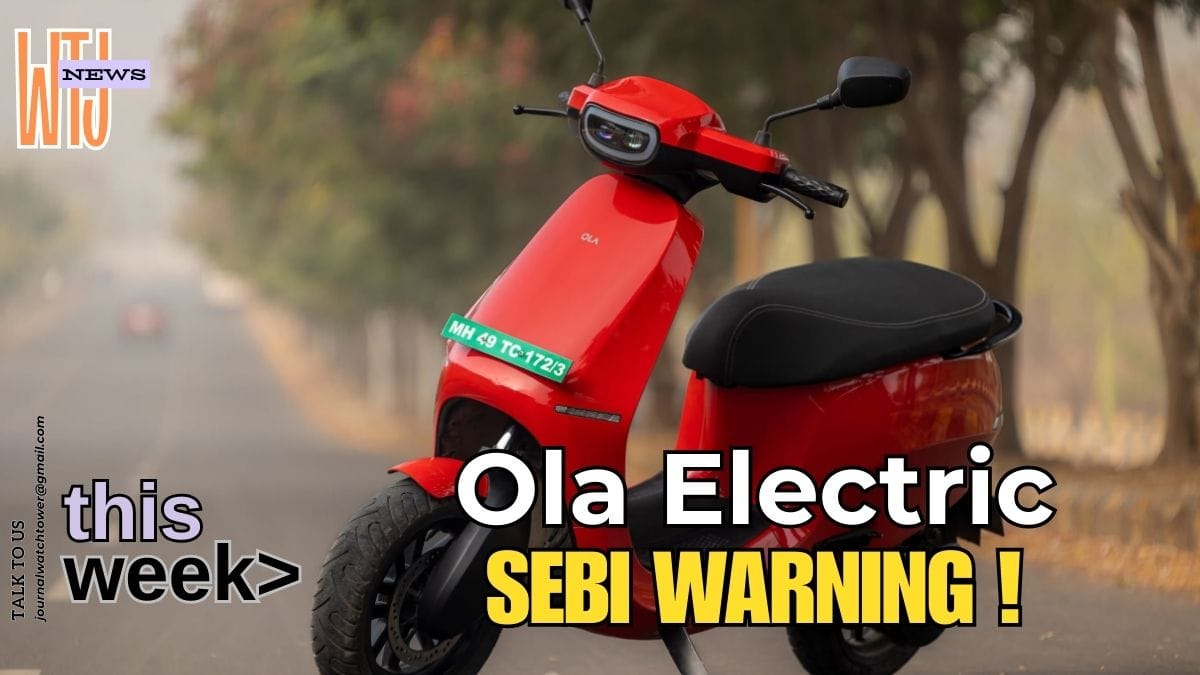Hyundai Motor North America, alongside its sibling brands Genesis and Kia, has issued an expansive recall affecting over 240,000 vehicles across the United States. The recall arises from serious safety concerns, ranging from faulty wiring that may allow vehicles to roll away unintentionally to defective electric vehicle (EV) charging units that could impair battery performance. These issues highlight the critical need for rigorous engineering standards and ongoing safety evaluations in the modern automotive landscape.
Hyundai Santa Cruz and Tucson Recall: A Close Look at the Wiring Issue
Among the recalls, over 42,000 2025 Hyundai Santa Cruz and Hyundai Tucson models are being recalled due to a wiring defect in their transmission systems. The defect allows these vehicles to shift out of “park” without requiring the brake pedal to be engaged, posing a serious risk of rollaway accidents. This defect, as outlined by the National Highway Traffic Safety Administration (NHTSA), can lead to unintended vehicle movement, increasing the likelihood of crashes or injuries, especially in parking scenarios or on inclined surfaces.
The Models and Market Impact
The Hyundai Santa Cruz, a unique pickup truck and SUV hybrid, and the Hyundai Tucson, a popular SUV model, are both subject to this recall. The Santa Cruz is known for its versatile design and starts at a retail price of over $33,000. Meanwhile, the Tucson, which also offers hybrid and plug-in hybrid options, retails at over $28,000. These vehicles are among Hyundai’s best-selling models, making the recall particularly significant both for consumer confidence and market performance.
Discovery and Response Timeline
The issue was first flagged in late October when Hyundai Motor North America’s Safety Office received a report of a corporate fleet 2025 Tucson unexpectedly rolling away. Further investigations revealed that the wiring defect could also affect Santa Cruz models. By mid-November, Hyundai’s North America Safety Decision Authority initiated a recall. Despite the safety concerns, Hyundai has not reported any injuries, deaths, crashes, or fires linked to the defect in already sold vehicles.
Owners of affected vehicles are advised to use their parking brakes as an additional safety measure. Hyundai will address the problem by rerouting the console extension wiring assembly at dealerships, free of charge. Official notifications will be mailed to owners beginning January 19, 2025.
EV Charging Issues: A Challenge for Hyundai and Genesis Electric Vehicles
In addition to the Santa Cruz and Tucson recall, Hyundai and its premium Genesis brand are recalling more than 145,000 EVs due to problems with their integrated charging control units (ICCU). The affected models include the Hyundai IONIQ 6 (2023–2025) and the Genesis GV60 (2023–2025).
Nature of the EV Charging Problem
The ICCU plays a critical role in regulating the flow of electricity to the battery during charging. According to the NHTSA, the ICCU in these vehicles is prone to damage, which can prevent batteries from charging properly. While no crashes or injuries have been linked to the issue, the defect could leave drivers stranded with an uncharged vehicle, creating significant inconvenience and potential hazards in remote or high-traffic areas.
Hyundai’s Commitment to EV Repairs
Hyundai plans to inspect the ICCU and replace it if necessary. Dealerships will also update the ICCU software and replace its fuse to prevent future failures. As with the Santa Cruz and Tucson recall, these repairs will be carried out free of charge. The recall aligns with Hyundai’s broader strategy to reinforce its reputation for safety and reliability in the competitive EV market.
A Broader Look at Hyundai’s Recent Recalls
The current recalls are part of a larger pattern of safety challenges faced by Hyundai and its sister brands. Over the past decade, automakers have increasingly issued recalls in response to both consumer feedback and proactive safety checks. Hyundai’s efforts in addressing these issues reflect a commitment to prioritizing safety, even as it navigates the challenges of scaling up EV production and implementing cutting-edge technologies.
Rollaway Risks: An Industry-Wide Problem
The rollaway risk identified in the Hyundai Santa Cruz and Tucson is not unique to Hyundai. Similar issues have been reported across the automotive industry, especially as vehicles integrate more electronic controls into their drivetrains. These controls, while offering convenience, can introduce new vulnerabilities if not properly designed or tested.
EV-Specific Concerns
The recall of Hyundai and Genesis EVs underscores a growing challenge in the industry: the reliability of EV components. As automakers race to meet consumer demand and regulatory requirements for electric vehicles, the complexity of EV systems like ICCUs, inverters, and battery management units has increased. Hyundai’s proactive recall of over 145,000 vehicles demonstrates its willingness to address these challenges head-on, even as it works to build consumer trust in its EV offerings.
Consumer Impact: What Owners Should Know
Who is Affected?
The recalls impact a wide range of Hyundai, Kia, and Genesis vehicle owners. Owners of 2025 Santa Cruz and Tucson models should be particularly vigilant about using the parking brake and ensuring their vehicles are serviced promptly. For owners of affected EV models, scheduling an inspection at a dealership is critical to prevent charging issues from disrupting daily life.
Repair Timeline and Costs
Hyundai has committed to providing all necessary repairs at no cost to vehicle owners. Notifications for the Santa Cruz and Tucson recall will be mailed in January 2025, while EV owners are encouraged to contact their dealerships for immediate assistance.
Staying Safe in the Interim
The NHTSA advises all affected vehicle owners to adopt extra precautions until repairs are completed. For Tucson and Santa Cruz owners, always engage the parking brake when leaving the vehicle. EV owners experiencing charging issues should refrain from relying solely on at-home charging setups and consider alternative transportation options if necessary.
The Road Ahead for Hyundai and Genesis
Balancing Innovation with Safety
As Hyundai, Kia, and Genesis continue to innovate, the recalls serve as a reminder of the critical balance between advancing automotive technology and maintaining safety standards. The rapid adoption of EVs, in particular, demands rigorous testing and quality assurance to address potential vulnerabilities.
Building Consumer Confidence
Hyundai’s transparent approach to addressing these recalls demonstrates its commitment to consumer safety and satisfaction. While recalls can temporarily dent brand reputation, they also provide an opportunity for automakers to reinforce their dedication to quality and reliability. By offering free repairs and actively communicating with affected owners, Hyundai is working to rebuild trust and ensure its vehicles meet the highest safety standards.
Lessons for the Automotive Industry
The recalls also offer valuable lessons for the broader automotive industry. As vehicles become more sophisticated, manufacturers must anticipate and mitigate risks associated with complex electronic systems. Robust testing protocols, timely recalls, and effective consumer communication are essential components of a successful strategy for navigating these challenges.
Conclusion
The recall of over 240,000 Hyundai, Kia, and Genesis vehicles highlights the evolving safety challenges in the automotive sector. From rollaway risks in the Santa Cruz and Tucson models to EV charging issues in the IONIQ 6 and Genesis GV60, these incidents underscore the importance of ongoing vigilance and innovation in vehicle design and safety.
For affected vehicle owners, the recalls may be inconvenient, but they also represent Hyundai’s commitment to addressing potential issues proactively and ensuring the safety of its customers. As the industry continues to evolve, Hyundai’s response serves as a case study in how automakers can navigate the complexities of modern vehicle safety while maintaining consumer trust and confidence.
By addressing these challenges head-on, Hyundai and its affiliated brands are paving the way for a safer and more reliable future on the road. Whether through enhanced testing protocols, innovative safety measures, or transparent communication with consumers, the lessons learned from these recalls will undoubtedly shape the next chapter of automotive progress.




